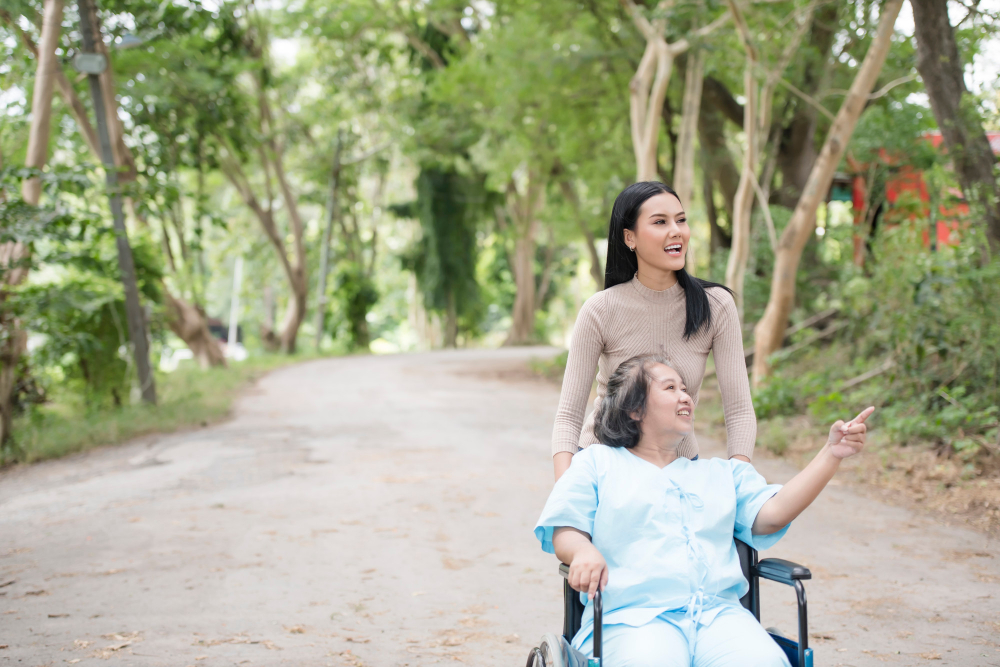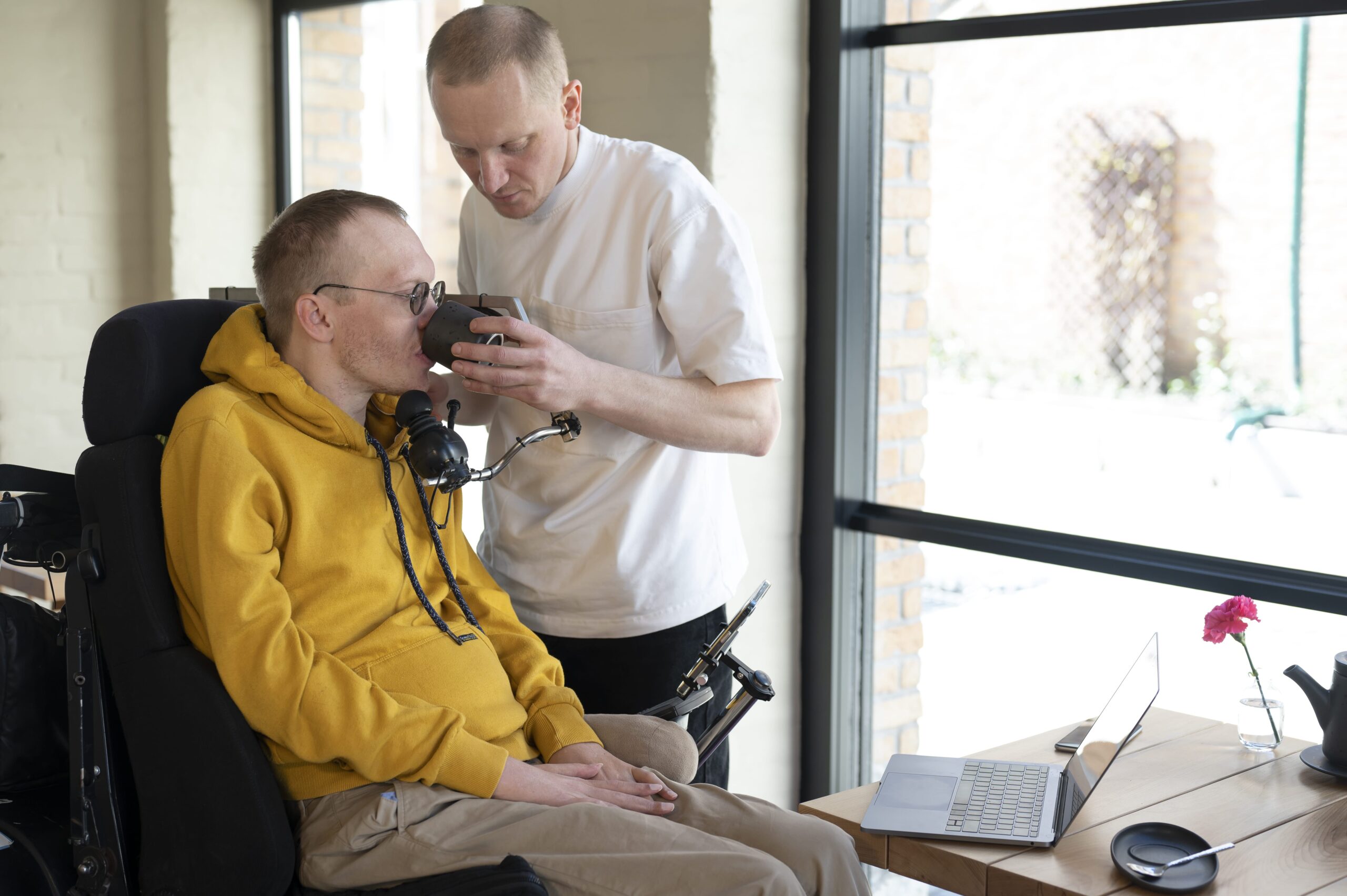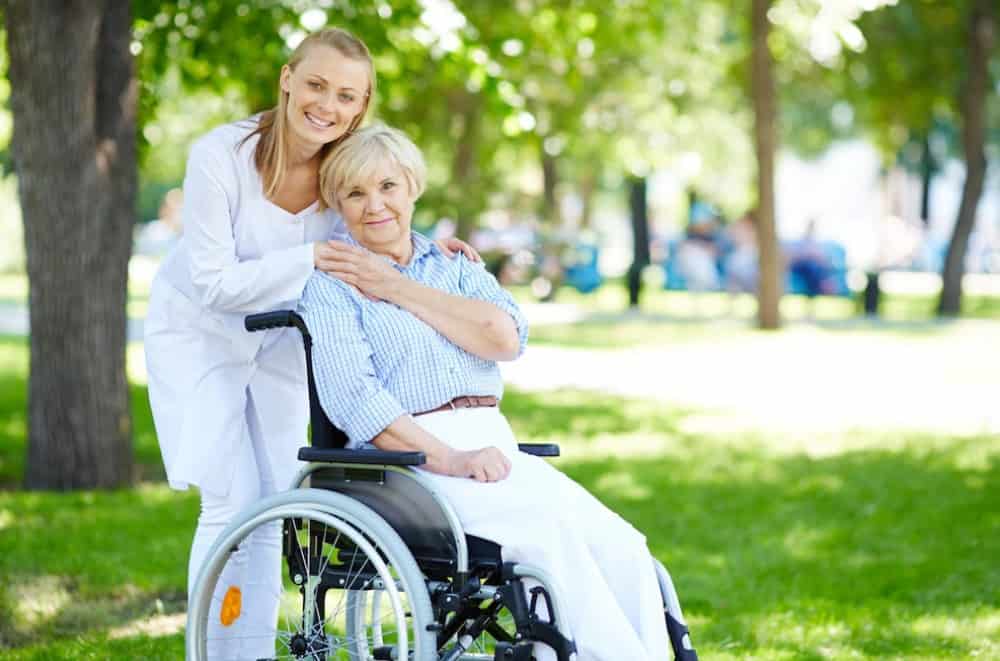You or someone you know may need temporary care after a hospital stay, illness, or fall to help them return to everyday life and remain independent.
Aftercare, reablement, or intermediate care are all used to describe this temporary care.
Generally, this type of care lasts for one or two weeks, but it can stay for up to six weeks, depending on whether you qualify.
You will be able to cope with home life when you are ready. You may be required to pay for long-term care if you need it longer than six weeks for the in-home care for the elderly or post-hospital care.
Post-hospital care for seniors and help for the elderly living at home
Discharged patients are less likely to be re-admit to the hospital if they go to a post-hospital care setting. In an outpatient (clinic) setting, new or recurring problems are easily recognised and treated if caught early.
In addition, post-hospital care offers the patient the benefit of professional assistance and answers to questions that might be difficult at first.
A shorter stay in a Wise Choice care facility is also better than a longer one in an acute care facility. Long-term care settings provide more activities and services.
We have support workers across NSW who specialise in caring for your needs at home once you’ve been in the hospital.
Our short-term support services can assist you in your recovery and rehabilitation after being discharged to your home, including:
- Gaining essential life skills after a hospital stay
- Getting to your regular appointments with your health care provider
- A physiotherapist or occupational therapist will assist you with hydrotherapy or gym programs
- Helping with household chores such as cleaning, bed making, and laundry
- Grooming, dressing, bathing, and personal hygiene
Smooth Transition to Home - Follow Our Post Hospital Care Tips!
Ensure a smooth transition to home with our expert post-hospital care tips. Discover how to provide the necessary support and assistance to help your loved one regain independence and adjust to everyday life.
Supporting the elderly at home, after hospital care for the elderly
Health and age determine whether you qualify for different types of support.
Wise choice provides short-term care as well as private care for the elderly at home for older people after they leave the hospital. The help for the elderly living at home is assured to get every essential support and maintenance. While long-term care is arranged, older people can continue their recovery outside the hospital.
Your healthcare team will arrange any support for the elderly at-home programs that you need when you are about to be discharged from the hospital.
In addition, they can help you place extra support once you return home by providing information about care services for the elderly living at home.
Top Tips For Caregivers on Post-hospital care for elderly
Individuals can experience many difficulties as they age for various reasons. It is not uncommon for physical and cognitive health to decline, leaving people who once could live independently in need of assistance and caring for the elderly in their own homes.
Family caregivers are becoming increasingly common in our country.
The care worker’s responsibility of caring for the older adults in your life comes with many challenges and frustrations, however.
The following tips will be helpful to caregivers of seniors.
#1. Care should be provided at home if possible
Ensure your loved one receives care outside a hospital setting and at home. A home visit may be suitable for some providers, but telehealth may be right for others.
#2. Take steps to coordinate your care
You should coordinate the care provided by all those responsible for your loved one’s care, both formal and informal. All family members are responsible for this, from the primary care physician to the person who cleans the house once a week.
#3. Communicate mindfully and practice it
A challenging conversation with your loved one about end-of-life care does not have to be complicated. Talk to your loved ones about their treatment options and where they would like to receive them using online tools and resources.
#4. Creating a safe environment
Keep your loved one’s living environment safe, fostering independence and autonomy, minimising injuries and harm, and feeling personalised like a home.
#5. Communicate mindfully with the elderly
You shouldn’t be afraid to speak to your loved one about end-of-life care, even if it’s a tough conversation. Consider the kind of treatment your loved one would like to receive and where they would like to receive it using online tools and resources.
#6. Staying connected with the technologies
Maintain a close eye on the latest technologies that can enhance every aspect of your loved one’s care. A safety monitoring system connected to a coordinated care network can be as simple as FaceTime appointments with your doctor.
#7. Promote social inclusion
Encourage your loved one to participate in family and community activities. Older adults may suffer from emotional distress because of isolation.
#8. Take notes during discharge, especially
As a result of all the stress and exhaustion, it’s easy to forget half of what physicians and nurses tell you. Make a note of everything you need to know about the elderly. It’ll be worth it in the long run.
#9. Plan your follow-up before you leave
As soon as your senior leaves the hospital, insist on a follow-up appointment for the care of the elderly at the home.
Perhaps the hospital can help arrange for the new doctor to take over. Possible problems can arise if follow-up care is not provided in a suitable timeframe.
Post-hospital care facilities, support for the elderly at home
Make sure you talk to your doctor about receiving local support services through the Community Program if you feel you might benefit from allied health services or assistance at home.
The community services do not require an Aged Care Assessment Service (ACAS) assessment since the organisations that provide them conduct evaluations to determine your eligibility.
Your local council or doctor can refer you for an assessment of the services.
Services available for the post elderly care through the community program include:
- Home maintenance
- Housework
- Social activities
- Allied health services
- Respite care
- Nursing
Expert Guidance for Caregivers - Master the Art of Post Hospital Care!
Master the art of post hospital care with expert guidance for caregivers. Gain valuable insights and knowledge to effectively manage the needs of your elderly loved one during their recovery journey.
Eligibility for the post-hospital care facilities
Aged Care Assessment Teams (ACATs) must assess a person. People who are older and meet the following criteria may be eligible:
- Hospitalised person (this includes those receiving hospital-in-the- home help for the elderly)
- A discharge has been issued to the patient
- For a short time, the client would benefit from receiving services.
The person must enter residential care immediately upon discharge if eligible (within 24 hours).
Alternatively, a person who receives care in their home will have 48 hours after discharge from the hospital before they can begin receiving services.
Discharging patients should be confident that they will receive adequate support during the period before entering home-based TCP, as health services remain responsible for ensuring safe discharge practices.
Funding for the post-hospital home care for elderly
The Australian Government provides a flexible care subsidy. As the approved providers, states and territories receive these payments from the Government.
Governments must contribute as approved providers. The following options are available to them:
- Contributions of goods and services
- Contractual services or subcontractor services receive direct funding.
Alternatively, care recipients may be asked to contribute to the cost of their treatment by service providers.
Conclusion
A senior’s long-term care plan typically begins with caring for their elderly parents at home. Aside from saving money, it also helps family members assess the need for home care versus facility-based care while they wait for the outcome.
Adult children usually care for their elderly parents at home; therefore, as a caregiver, you must show a lot of love and patience in caring for the elderly.
Whether you’re a busy family person or have more time to offer your parents, there’s a good chance you’ll need assistance and resources.
Maintaining balance in your own life and your elderly parents’ lives is possible by following this list of 10 tips.



